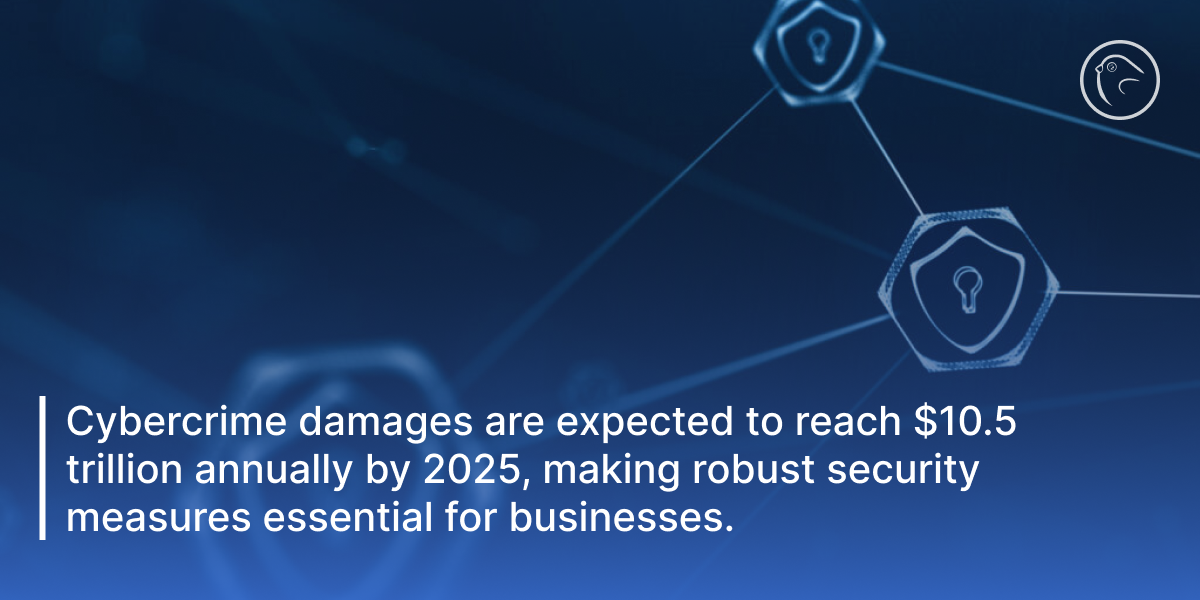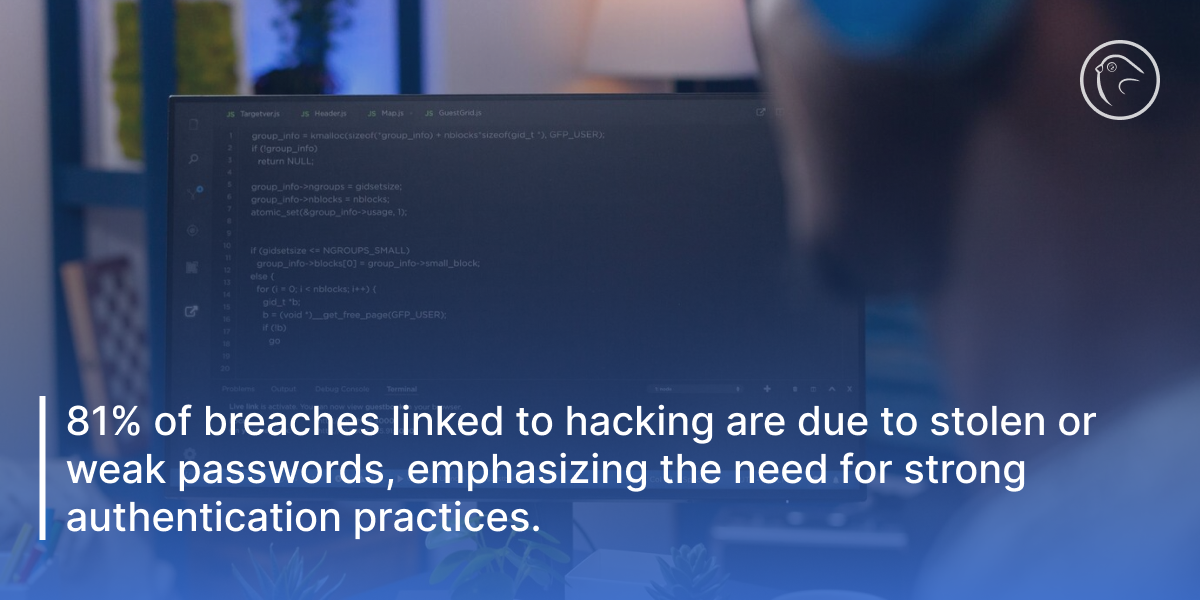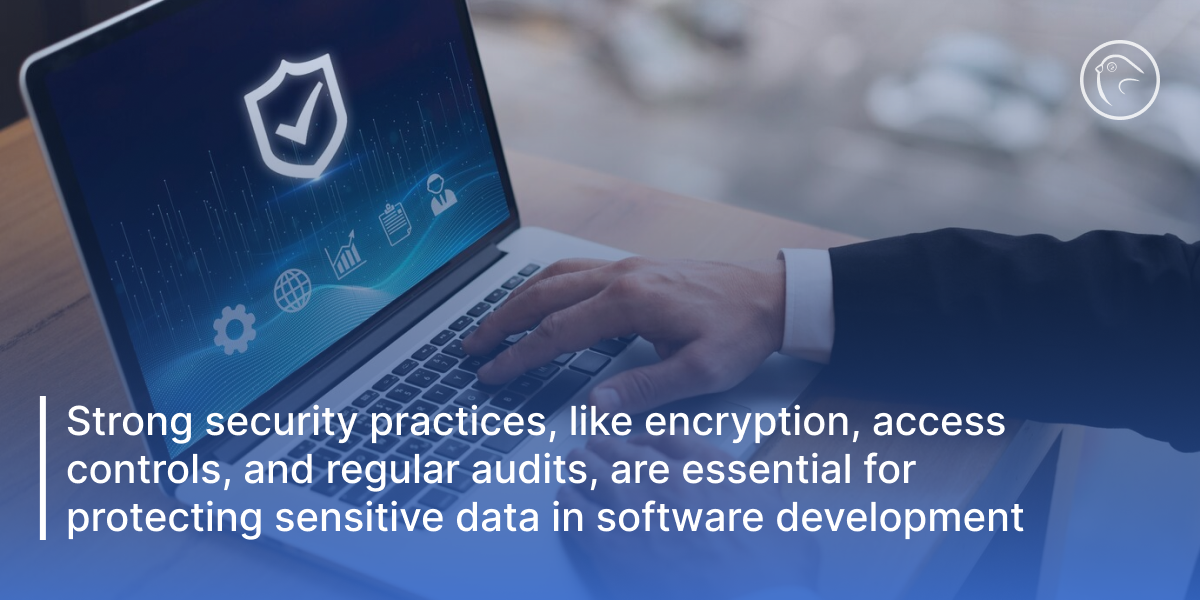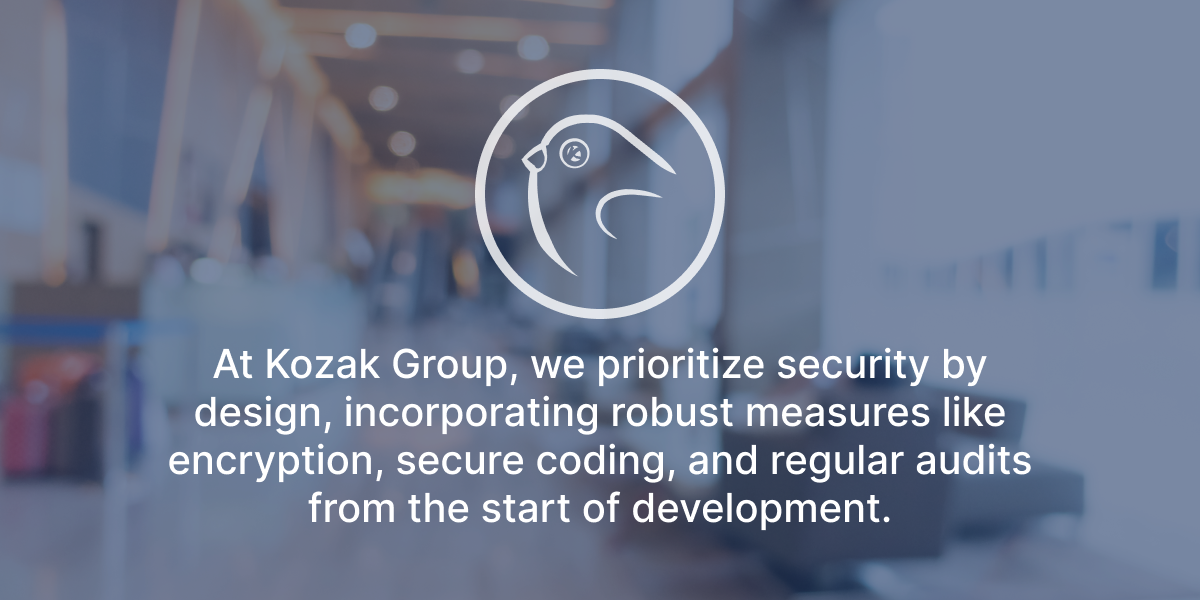Nowadays, businesses are increasingly involving dedicated development teams in creating high-quality software solutions. Companies like Google and Amazon have long relied on these specialized teams to manage and innovate their complex systems. Dedicated teams can tackle specific projects with high efficiency, achieve better quality, and effortlessly meet pressing deadlines.
However, software applications become more complex, and the security challenges grow. Cyber threats are constantly evolving, and data breaches can have severe consequences. This is where dedicated development teams can make a big difference in protecting your digital assets. These teams prioritize security best practices and reduce potential risks. How do they secure sensitive data and keep systems strong and reliable? Let’s dive deeper into how dedicated development teams minimize vulnerabilities and strengthen overall project protection.
What Is a Dedicated Development Team?
Before discussing security, let’s briefly review the concept of a dedicated development team. It’s a group of skilled professionals, including software engineers, designers, and quality assurance experts, who are exclusively assigned to a specific project. This dedicated focus allows them to delve deep into the project’s requirements, collaborate effectively, and deliver high-quality solutions. By working closely with clients, these teams ensure that the project aligns with the client’s demands. This model offers several advantages:
- Focused expertise. The team can specialize in the project’s specific technologies and requirements.
- Improved communication. Direct communication channels between the team and the client ensure efficient collaboration and faster decision-making.
- Faster time-to-market. A dedicated team can work efficiently and deliver projects on time.
- Higher quality. Consistent focus and specialized skills contribute to higher-quality software.
However, dedicated development teams also present certain challenges. Security is one of the most critical concerns, especially when dealing with sensitive data and complex applications.
Why Project Security and Data Protection Matter More Than Ever
Cyber threats such as data breaches, ransomware attacks, and insider threats on the rise. So, businesses are vulnerable to significant financial and reputational damage. According to a Cybersecurity Ventures report, cybercrime damages are expected to reach $10.5 trillion annually by 2025. Some of the most common cyber threats include:
- Data breaches. Unauthorized access to sensitive information can lead to identity theft, financial fraud, and other serious consequences.
- Ransomware attacks. Malicious software that encrypts data and demands a ransom for its decryption.
- Phishing attacks. Deceptive tactics that trick users into revealing sensitive information.
- Denial-of-Service (DoS) attacks. Overwhelming a system with traffic to make it inaccessible.
In this environment, traditional security measures may no longer be enough to safeguard sensitive data. Dedicated development teams offer improved security. They implement security measures in every phase of development. With deep expertise, they can identify risks early, implement robust protections, and stay ahead of emerging threats. Unlike general contractors, dedicated teams are accountable for security outcomes and employ strategic approaches to reduce vulnerabilities.
Security Challenges in Software Development
Software development is rife with security risks. As digital technologies evolve, so do the techniques used by cybercriminals. Below are some of the most common vulnerabilities in software development:
- Weak authentication mechanisms. It is a common vulnerability that attackers exploit to gain unauthorized access to systems. Issues like easy-to-guess passwords or the absence of multi-factor authentication (MFA) make systems an easy target. For instance, a Verizon report found that 81% of breaches linked to hacking were the result of stolen or weak passwords. This highlights the importance of strong authentication practices that seriously reduce the risk of unauthorized access.
- Poor encryption practices. Encryption is essential for keeping data safe, but poor practices or outdated algorithms can put sensitive information at risk. When encryption is weak, attackers can crack it and reach personal or financial data. This highlights the need to use modern, robust encryption methods and regularly update systems to stay ahead of potential threats.
- Misconfigured servers or APIs. Poorly configured servers and APIs can expose sensitive data and make systems vulnerable to exploitation. Issues like unpatched software, insecure default settings, or unrestricted access to APIs contribute to these risks. Studies show that misconfigurations account for about 20% of all data breaches. So, even small oversights can lead to significant security vulnerabilities.
- Insider threats. Insider threats, whether accidental or deliberate, can lead to serious security breaches. These risks are alarming because they come from within the organization and may involve trusted employees who can bypass external defenses. Errors like mishandling sensitive information or malicious actions such as data theft can have devastating consequences. According to the Ponemon Institute, insiders are responsible for over 50% of data breaches. Strong internal security measures are a must.
- Balancing innovation with security. It can be tricky, especially when teams face tight deadlines. The push to release products quickly often leads to less time for testing and reviewing security measures. This can leave vulnerabilities in the system. A McKinsey study found that 50% of developers admit they sometimes overlook security to meet deadlines. Rushing through development increases the risk of weak spots in the final product. To avoid this, teams need to integrate security into every stage of development without slowing down progress.
Key Security Practices for Dedicated Development Teams
Strong security practices are at the core of what dedicated development teams do to protect projects and sensitive data. Here are common measures taken:
Secure Development Lifecycle (SDL)
Security is an integral part of every phase of development. From the start, a dedicated team creates secure code through detailed reviews and vulnerability scanning tools. Penetration testing simulates attacks to find weak spots before they become real problems. These early measures let fewer vulnerabilities make it to production.
Regular Security Audits
Frequent audits keep systems in check. Dedicated teams examine code and infrastructure to uncover risks and make necessary updates. They stay informed about emerging threats and apply patches to guard against the latest vulnerabilities. This ongoing effort keeps security measures effective over time.
Robust Access Controls
Not everyone needs access to everything. Dedicated teams limit access to sensitive data and systems to only those who need it. They enforce strong password policies and use multi-factor authentication (MFA) to keep unauthorized users out. These steps prevent accidental or malicious breaches.
Data Encryption
Encryption turns sensitive data into unreadable text without the proper keys, making it a cornerstone of secure practices. Dedicated teams encrypt data both when it’s stored and during transmission. They also rotate encryption keys regularly to add an extra layer of protection.
Incident Response Planning
Despite all precautions, incidents can happen. That’s why teams develop a clear plan for responding to security breaches. They map out roles, steps to contain issues, and methods for recovery. Regular drills help everyone stay prepared so they can act quickly if a real breach occurs.
Why Choose Our Dedicated Development Team?
At Kozak Group, we fully understand the meaning and importance of system security and data safety. So, we continuously work on implementing the best strategies that guarantee robust protection throughout the development process. Our approach to security includes:
Security by Design
One of the fundamental principles followed by our dedicated development teams is security by design. This means that we incorporate security measures into the software from the very beginning.
- Secure coding practices. Our developers follow secure coding standards and use trusted libraries and frameworks. They avoid common vulnerabilities like SQL injection, cross-site scripting (XSS), and buffer overflows. We write clean and secure code from the start and reduce the potential attack surface.
- Regular security audits. Our dedicated teams regularly conduct thorough security audits of both the codebase and infrastructure. These audits help identify and address potential weaknesses before they can be exploited. Continuous review cycles prevent evolving threats before they bring any harm.
- Penetration testing. We conduct penetration testing to simulate real-world cyberattacks. This approach mimics the tactics that malicious actors might use and uncovers vulnerabilities. It allows us to strengthen defenses in areas that might otherwise go unnoticed.
Robust Access Controls
We use proven control strategies to safeguard sensitive data.
- Strong password policies. We use strong password policies, which include complexity requirements, frequent changes, and secure password storage methods. It protects accounts from unauthorized access.
- Multi-factor authentication (MFA). This method requires users to provide multiple forms of verification before accessing systems. This significantly reduces the risk of compromised credentials.
- Role-based access control (RBAC). We give access based on roles and responsibilities and limit exposure of sensitive systems and data. Only authorized personnel can reach specific resources. This approach reduces the potential for insider threats or accidental leaks.
Data Protection and Privacy
We know the importance of keeping sensitive data intact for any software development project.
- Data encryption. All sensitive data, whether at rest or in transit, is encrypted with the help of strong algorithms like AES-256. Encryption guarantees that even if data is intercepted or compromised, it remains unreadable and secure.
- Regular data backups. Dedicated teams implement regular data backup procedures to ensure data can be restored in case of an attack, system failure, or other incidents. This minimizes the impact of potential security breaches.
- Compliance with regulations. We respect and follow industry regulations such as GDPR, CCPA, and HIPAA. We keep our development practices aligned with legal requirements to protect user data and avoid costly penalties.
Incident Response Planning
At Kozak Group, we always have a plan in place for responding to security incidents.
- Incident response plan. Our dedicated development teams create and maintain a well-defined incident response plan. In the event of a breach, this plan allows the team to quickly assess the situation, identify the issue, and restore operations with minimal impact on the business.
Continuous Monitoring and Improvement
Here is what we do for ongoing protection.
- Threat monitoring. Our teams use automated tools to monitor potential threats in real time. This allows for the detection of unusual activity and rapid response to emerging risks.
- Regular security updates. Our dedicated teams stay up-to-date with the latest security patches and updates for the software and infrastructure they manage. Regular updates ensure that systems are protected from newly discovered vulnerabilities.
- Security awareness training. Regular training sessions ensure that all team members are aware of the latest security best practices. We educate developers, testers, and other stakeholders to reduce human error and strengthen overall security.
Summing Up
At Kozak Group, we focus on security and data protection. Our dedicated development teams do their best to strengthen the defenses of your software projects. We transform our expertise in robust security practices. Everyone in our team stays current with emerging threats and contributes to a proactive security culture. Their efforts safeguard your digital assets and minimize risks.
For us, security is something that needs ongoing attention and adaptation. We are continuously working on improving our strategies. Partnering with our dedicated development team means getting a secure, compliant, and trustworthy software project. Let us demonstrate it all in action!










